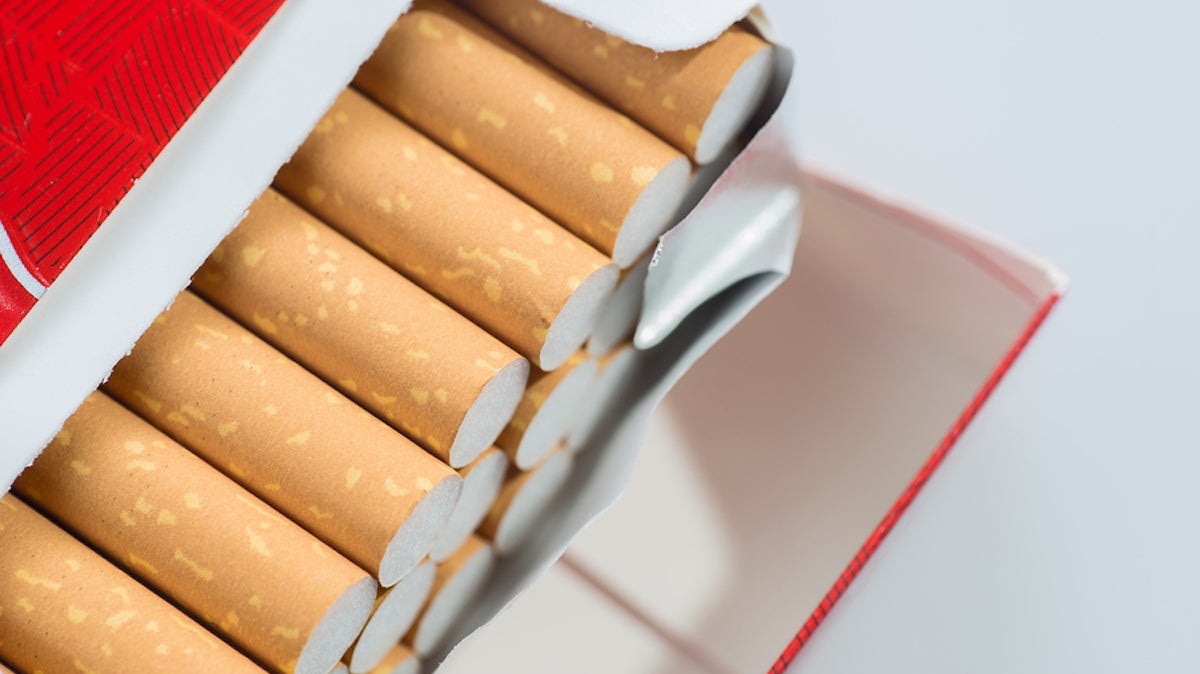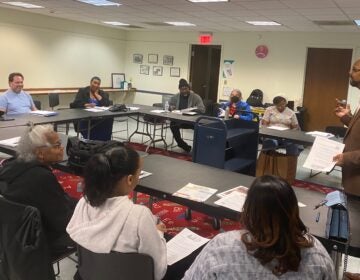Philly school district notches revenue wins in state budget

(kelifamily / BigStock.com)
The revenue plan passed Wednesday by the Pennsylvania General Assembly contained a series of political wins for the School District of Philadelphia — wins that could help the chronically under-resourced district find some measure of financial stability.
“We’re more stabilized than we’ve been since I’ve been here,” said superintendent William Hite. “I do think it’s nice to have conversations about critical investments in schools that provide resources for children and materials for educators and building leaders.”
Hite was especially relieved to see the state budget settled in July, unlike last year, when a nine-month delay made it difficult to plan and exacerbated the district’s chronic fiscal woes by forcing it to borrow money. And he noted that this district budget is also the first in several years that is not dominated by austerity and cuts.
“We can plan for a full year,” he said. “That is important. The other thing is stabilization. That allows us to have a different conversation, which is about making investments versus what must we remove, take away, or close.”
The district will get about $50 million more from the state than it received last year, $6 million shy of original projections. District officials, however, say the shortfall is manageable and won’t change the district’s plans to add counselors, nurses, and other staff.
“We can have real conversations about improving learning opportunities for our young people,” said Hite.
Not only did the state budget arrive promptly, language in the revenue plan addressed a number of the school district’s key concerns.
A cigarette tax coup
In particular, two clauses tucked into the revenue plan figure to be a boon for the district. Both are related to the city’s $2-a-pack cigarette tax, which is tacked on top of state and federal levies.
The first clause guarantees the district will receive at least $58 million annually from Philadelphia’s city cigarette tax, even if the tax doesn’t actually generate that much money. The second deletes an existing provision that would have caused the city cigarette tax to expire after fiscal year 2019.
Combined, the measures guarantee Philadelphia schools will get a steady stream of revenue from the city tax — money the district will rely on as it tries to close a long-term structural deficit.
“We were very pleased with the outcome,” said Hite.
Since March, district officials had worried openly that a bump in the state’s cigarette tax would cut into revenue created by Philadelphia’s own cigarette tax.
Here’s the theory: A hike in the state cigarette tax would make cigarettes more expensive and drive more consumers to buy their cigarettes elsewhere, perhaps even out of state. If fewer people buy cigarettes in Philadelphia — or if they stop smoking altogether — the city would collect less revenue and the district would lose funds. The district estimated it would lose $4 million or $5 million annually if the state raised its cigarette tax by $1 a pack, according to district finance chief Uri Monson.
Combined with existing federal and city cigarette taxes, a $1 hike in the state’s cigarette tax would bring the total tax on cigarettes in Philadelphia to $5.61 a pack.
“People will look for opportunities to buy [cigarettes] other places where the sticker shock is less,” said Monson.
The state did indeed choose to hike its cigarette tax by $1 a pack, but it simultaneously assured the district it would make up for any lost revenue. Pennsylvania lawmakers also eliminated a clause that would have forced Philadelphia to kill its city cigarette tax after fiscal year 2019.
Earlier this year the district announced it would run a $600 million deficit by fiscal year 2021, a quarter of which was due to the anticipated loss of the cigarette tax, said Monson. Barring future changes, the city can now continue to levy its cigarette tax indefinitely — and pass along those funds to its cash-strapped school district.
Further pleasing district officials, the legislature passed a bill Wednesday that will allow ride-sharing services Uber and Lyft to operate legally in Philadelphia until at least Sept. 30. Two-thirds of the revenue generated by taxes on Uber and Lyft will flow to the school district. This pilot program will only add a couple hundred thousand dollars to district coffers, said state Sen. Vincent Hughes, D-Philadelphia, but could set a strong precedent if the ride-sharing tax becomes permanent. He said a full-year of taxation could provide a $3 million or $4 million boost to the school district’s bottom line.
Hotly debated charter law stalls
The district also avoided enactment of any provisions from a bill, HB530, that would have revised the state’s two-decade-old charter school law. That law, which became the subject of fierce lobbying from all sides in the charter debate as the negotiations came down to the wire, would have, among other things, made it easier for charters to increase enrollment and add grades. It would also have given districts less autonomy in creating their own charter applications and setting their own standards for charter approvals and renewals.
Hite, who had sent a letter to lawmakers urging defeat of HB530, was relieved.
“I do believe the law has to be redone [to allow us to become] more effective as a charter authorizer, to assure that we have high quality charters and to address those that are not performing,” he said. He plans to nominate a committee that includes both district and charter representatives to suggest revisions to the law, which hasn’t been changed significantly since 1997, and make recommendations to the governor and legislature.
“We remain opposed to anything that eliminates [enrollment] caps or eliminates our ability to serve as a high quality authorizer,” he said. As written, the bill would have done those things.
Legislative leaders said this week that they would bring up charter reform at a later date, with most unwilling to hold up the revenue package on this issue in an election year.
WHYY is your source for fact-based, in-depth journalism and information. As a nonprofit organization, we rely on financial support from readers like you. Please give today.




